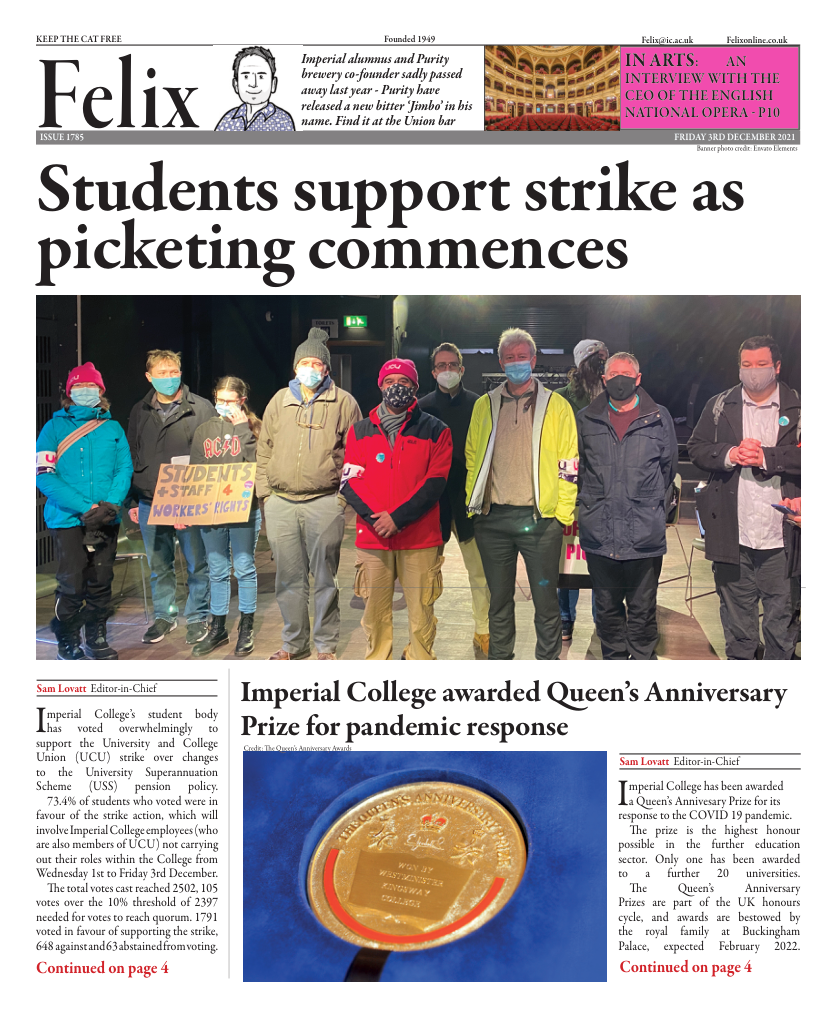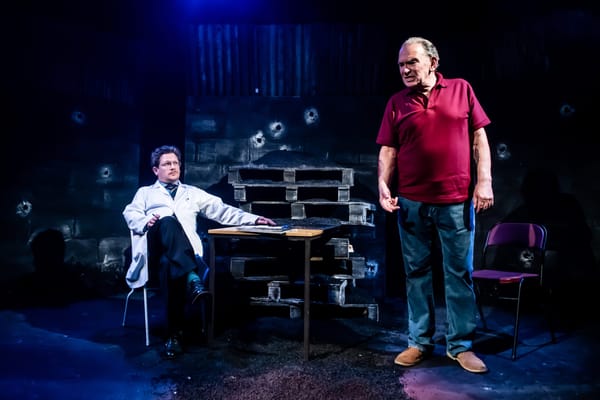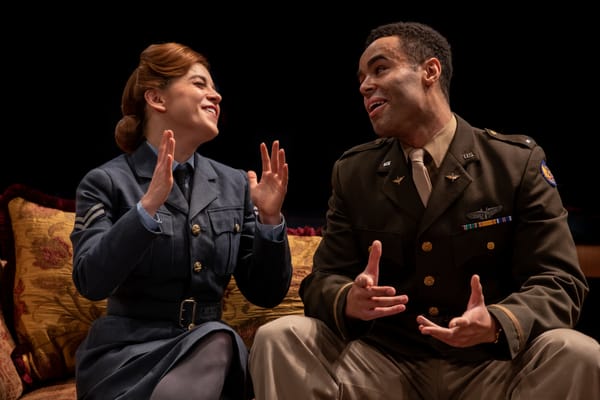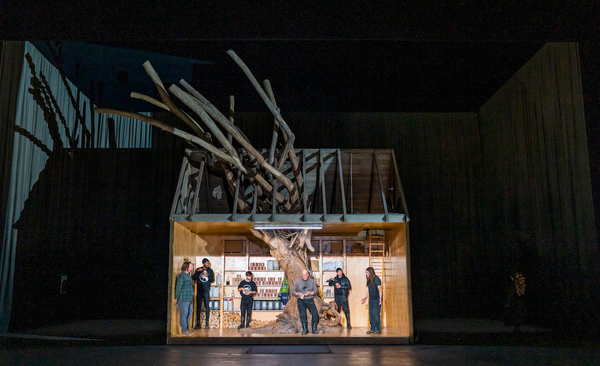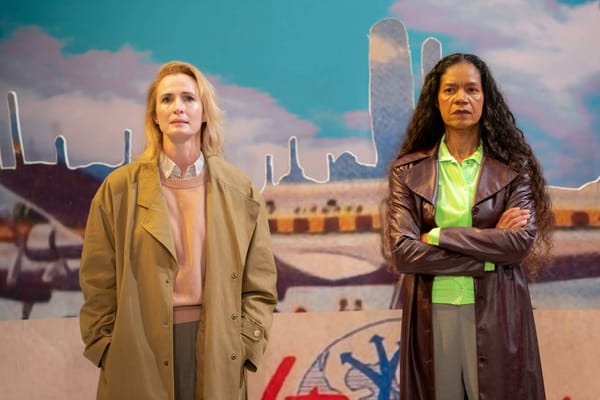The mystifying poet is under the spotlight in Rumi: The Musical
The 13th century poet is the focus of this restrained and intimate new musical.

Rumi: The Musical
★★★★
- What: Musical
- Where: London Coliseum
- When: 23-24 November 2021
- Cost: From £10
Rumi, better known to me and to other Turkish-speaking individuals as Mevlana, is a 13th century poet known for his teachings relating to the concept of love, namely the love one has for God. Claimed as the national poet of three countries (Iran, Turkey and Afghanistan), his influence can be felt strongly in the entire region.
Although I was raised with the awareness of Rumi’s existence, I would be lying if I claimed I was always familiar with his work. I only became more interested in him recently after reading Forty Rules of Love, a fictionalised account of a portion of Rumi’s life by the prolific Turkish author Elif Shafak.
Interestingly, Rumi: The Musical and Forty Rules of Love cover a strikingly similar portion of Rumi’s life. Namely, they cover his relationship with Shams Tabrizi, the Persian poet who is thought to have acted as Rumi’s spiritual instructor, sometimes going as far as calling him Rumi’s soulmate or muse.
Naturally, the exact nature of Rumi and Shams’s relationship has been widely speculated on over the years. The show treads these waters carefully. Ultimately, regardless of the exact nature of the relationship, for Rumi: The Musical to work, the chemistry between the show’s namesake (played by co-writer Nadim Naaman) and Shams Tabrizi (played by the Olivier and Tony nominated Ramin Karimloo of Phantom fame) would have had to be on point. Well, it was… fine. At no point did the lack of chemistry take me out of the story. However, I was also never quite taken aback by it as the rest of the characters in the play were.
Written by Nadim Naaman and Dana Al Fardan, the music is gorgeous, blending Middle Eastern cadences with Western elements. It works best when the show leans into the Middle Eastern elements and does not go full on traditional classical musical theatre. The choreography is admittedly bizarre at times with a similar Eastern-Western synthesis, but oddly, it works.
One thing that is most commonly associated with Rumi regardless of one’s familiarity with his work is undoubtedly the Whirling Dervishes, as was the case for me too. Whirling Dervishes are men in long white gowns whirling as a means of meditation, in the meantime creating a striking visual of their skirts expanding as they whirl.
The musical shows commendable restraint when it comes to whirling, which only makes an appearance near the end of the first act, and not again until almost the very end (although there are abstract suggestions of it here and there throughout). Every time the whirling is in full force on stage, it succeeds in serving a moving, extremely impactful visual, which may not have been the case had it been over utilised.
Billed as a semi-staged concert, the staging is simple. Thanks to gorgeous lighting, the few set pieces come to life and help fill the large Coliseum stage.
Overall, the company clearly understand the assignment and deliver thoughtful, multi-dimensional performances. Karimloo soars as Shams, delivering a pitch perfect performance. Playing the titular Rumi, co-writer Naaman also more than holds his own.
On the whole, Rumi: The Musical is a significant triumph, not just for shining light on one of the most prominent Middle Eastern poets for British audiences, but also doing it delicately and without losing touch of what makes Rumi such an important figure in this region.

